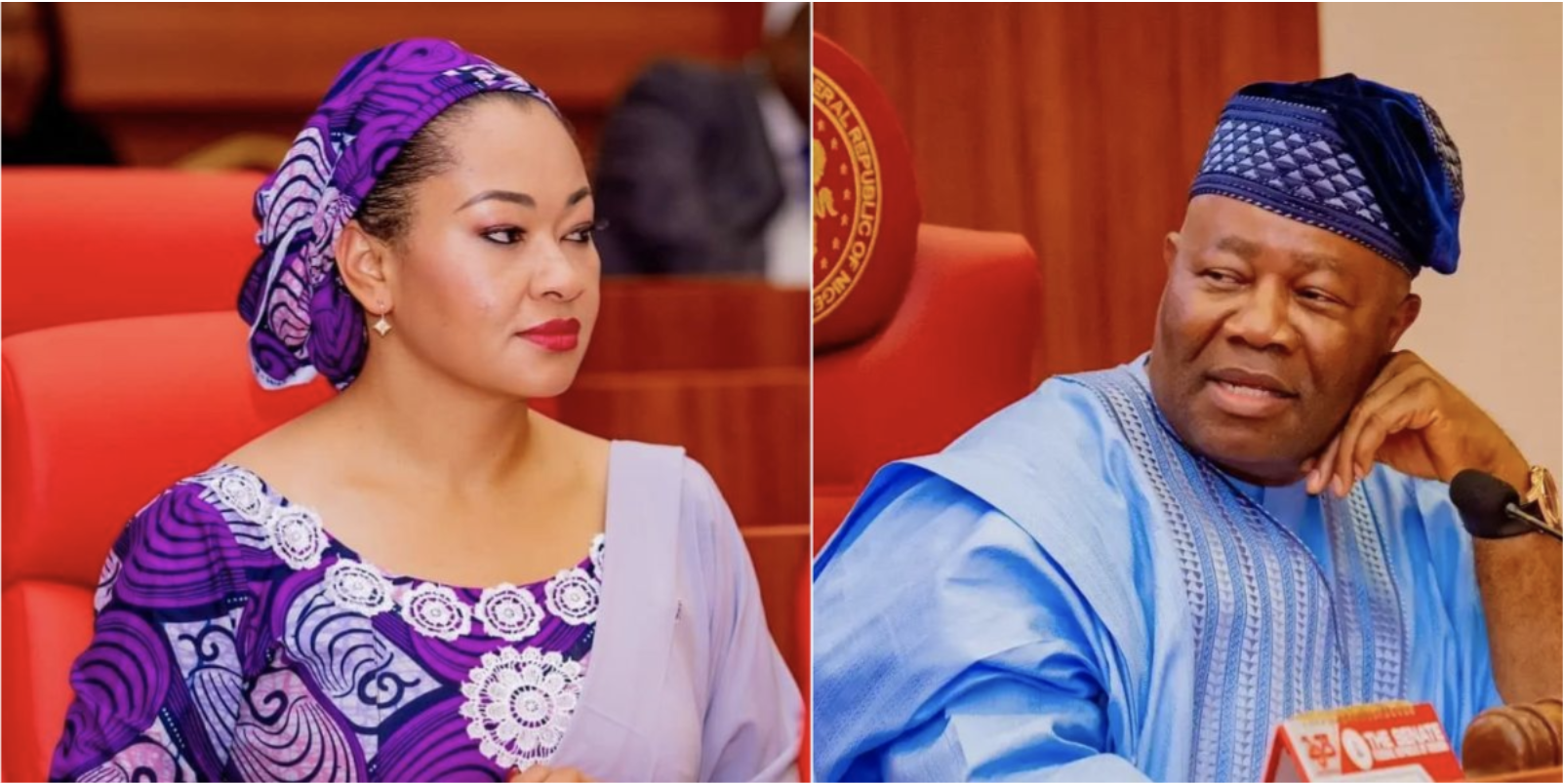Economy: Is Tinubu The Resurrection and The Life

When former President Muhammadu Buhari transferred power to President Bola Ahmed Tinubu, he made it clear that he did not envy his successor. This sentiment didn’t stem from a diminished prestige of the office, but rather from the numerous challenges it entailed.
The nation was burdened by excessive subsidy payments, which even the recipients deemed unsustainable, while many acknowledged the grim fiscal situation, signaling an economy on the brink of collapse. The currency exchange rate was extremely unstable, with the Naira losing value to the point that it was nearly worthless.
Nigeria struggled to secure trade agreements, often settling for unfavorable terms, akin to a drowning individual grasping at anything for survival. Economic analysts widely agreed that there was no simple solution to this dire situation, which was perceived as irretrievable. The government had exceeded its borrowing limit and resorted to excessive Naira printing, which further devalued the currency. Transparency was lacking in governance, with revenue announcements failing to yield visible economic benefits and loans taken with little to show for them.
Essentially, the economy was in a critical state, existing only on life support. Our trade balance was virtually nonexistent, saved only by our reliance on oil, which had seen production levels plummet to less than half of Nigeria's OPEC quota. Illegal oil bunkering exacerbated this issue, contributing to significant economic losses.
When President Tinubu took office, he initially stumbled but soon demonstrated clear vision and decisiveness. He swiftly eliminated oil subsidies, a move that was more effective than the gradual phase-out suggested by some economists, comparably akin to ripping off a bandage to cleanse a festering wound. Tinubu has further propelled economic diversification with tangible actions, moving beyond mere rhetoric. Under his leadership, Nigeria's oil output rose from under 1 million barrels per day to approximately 1.5 million, with a future goal of 2.5 million barrels. This increase is crucial for maintaining foreign exchange liquidity, even amidst declining market prices.
Moreover, the country’s monthly petroleum product imports have decreased from $18.31 billion to $14.06 billion, while the monthly subsidy expense of $3.6 billion is now zero due to robust economic policies. Gas exports rose from $5.84 billion to $8.68 billion, and foreign investments jumped from around $6 billion to $17 billion due to improved investment conditions. Before Tinubu's tenure, Nigeria had fewer than 10 Compressed Natural Gas (CNG) stations, but this number has surged to 248, alongside the number of CNG vehicles increasing to over 100,000. The revival of public refineries has also been significant, with Port Harcourt and Warri now operational. Trade figures with international partners reflect these improvements. Exports to the United States soared from $170.36 billion in 2020 to a striking $5.79 trillion in 2024. Similarly, exports to China fluctuated but ultimately rose to N2.37 trillion in 2024. Even critics who dismiss Tinubu's effectiveness cannot overlook these positive statistics, indicating that conditions are improving. While we're not yet where we need to be, the first two years of his presidency show promising progress. Supporting him to continue these efforts is essential; we must acknowledge the advancements we've made as we emerge from challenging times into a more hopeful economic landscape.









